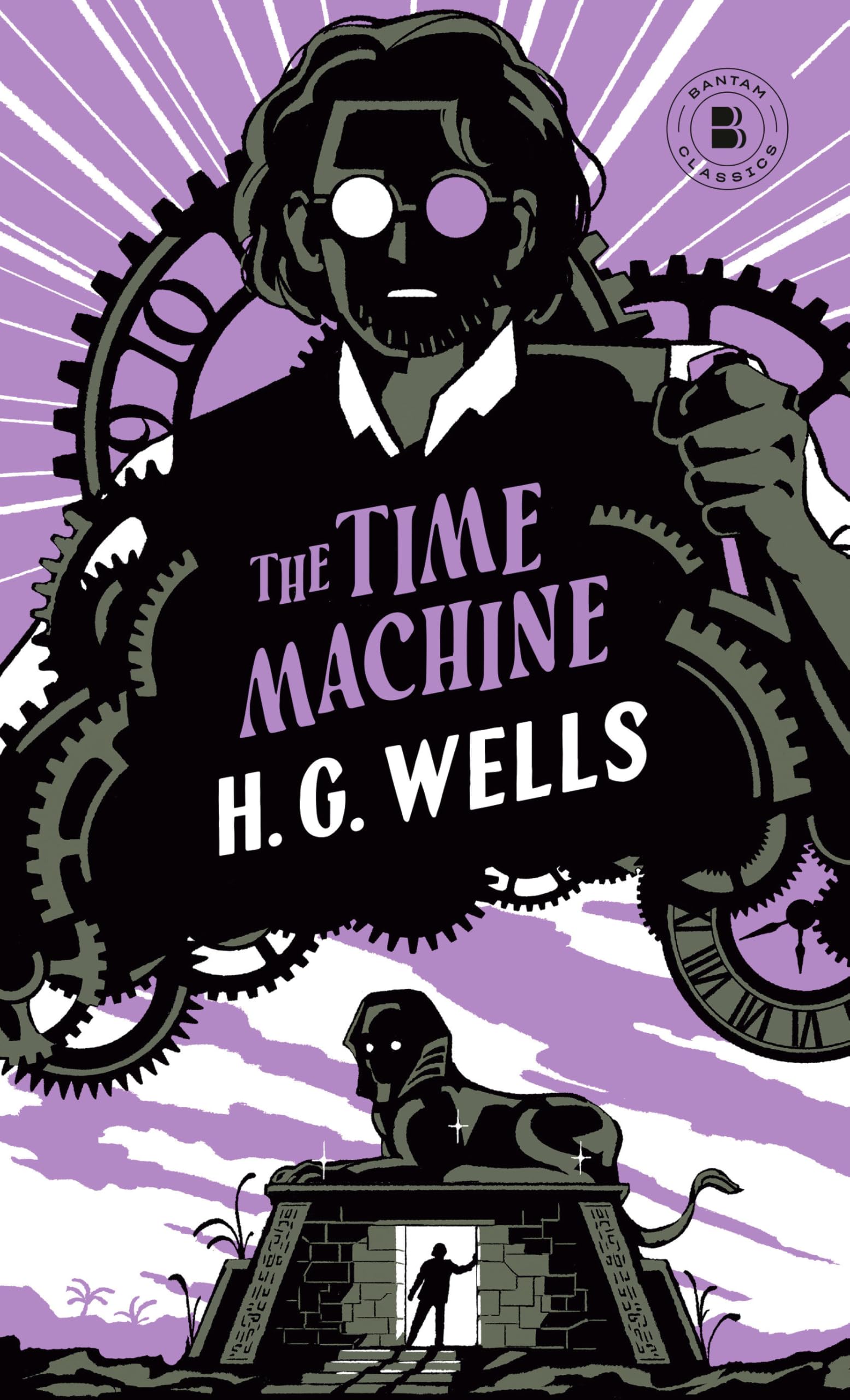Customer Services
Copyright © 2025 Desertcart Holdings Limited


Bantam Classics The Time Machine : Wells, H G: desertcart.ae: Books Review: Qualidade do papel e tamanho do livro, pequeno demais, são péssimos. Review: Nice book good for read value for money
| Best Sellers Rank | #89,575 in Books ( See Top 100 in Books ) #48 in Time Travel Fiction #307 in Science Fiction Adventures #2,159 in Classic Literature & Fiction |
| Customer reviews | 4.5 4.5 out of 5 stars (510) |
| Dimensions | 10.57 x 0.76 x 17.48 cm |
| Edition | 1st |
| ISBN-10 | 0553213512 |
| ISBN-13 | 978-0553213515 |
| Item weight | 45 g |
| Language | English |
| Print length | 128 pages |
| Publication date | 1 January 1984 |
| Publisher | Bantam Classics |
| Reading age | 18 years and up |
L**S
Qualidade do papel e tamanho do livro, pequeno demais, são péssimos.
D**H
Nice book good for read value for money
A**R
I have seen the original time machine movie serveral years ago and had to read this novella for my university exam. I was actually surprised that it was such a good read given that it was one of the first science fiction books. Also very cheap! Highly recommend it!
R**N
I got this book for downtime at work and it's a great read. The book itself although paperback, is sturdy and easy to hold.
G**G
"The Time Machine" is a must read for everyone. The author gives us a theoretical future for the human kind embracing the ideas of Charles Darwin. His conclusions are logical and make sense. It's really interesting!
Trustpilot
1 month ago
1 month ago